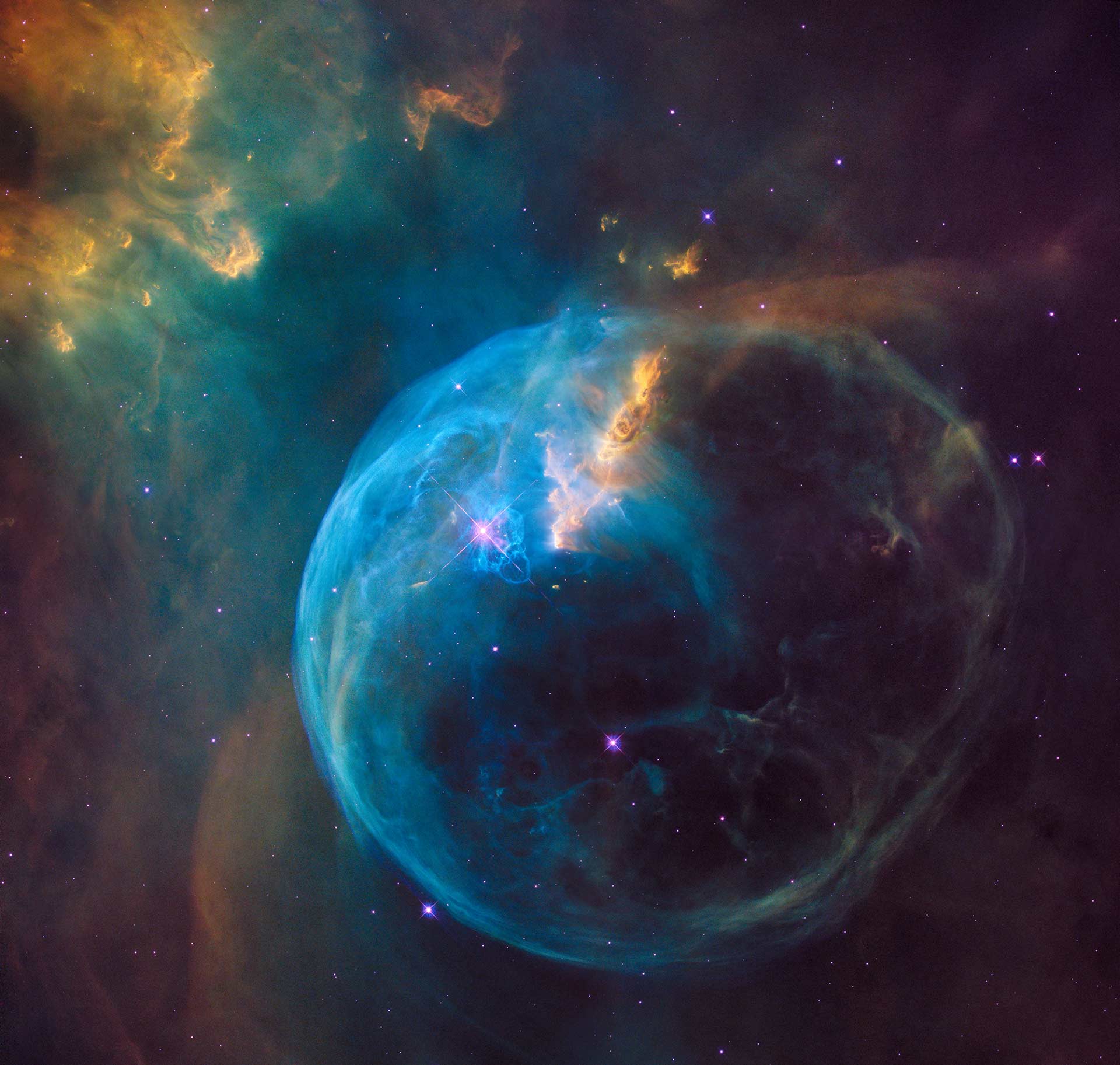New insights into the Mediterranean abyss
The vision of REINFORCE is that Large Research Infrastructures can act as beacons of science literacy for society. In keeping with this vision, this EU-funded project provides citizens with data delivered by three major Large Research Infrastructures in Europe: VIRGO, a giant laser interferometer designed to detect gravitational waves, located in Italy; CERN, the Large Research Infrastructure housing the world’s most powerful collider (LHC) for frontier research in High Energy Physics; and KM3NeT, which is a research infrastructure housing the next generation neutrino telescopes in Mediterranean deep sea, aiming to detect ultrahigh-energy neutrinos from the cosmos.
Deep underwater neutrino telescopes such as KM3NeT measure neutrino events, as well as environmental events that constitute “noise” for the neutrino searches. These environmental events range from biological bioluminescence to acoustic signals from mammals and/or earthquakes. The Deep-Sea Hunter citizen science demonstrator will be exploiting the “eyes” and the “ears” of the KM3NeT detector in order to support KM3NeT scientists to increase their efficiency in their neutrino detection algorithms, while gaining a greater insight into the unexplored deep marine environment.
Paschal Coyle has been involved in the ANTARES deep-sea neutrino telescope and KM3NeT since their beginnings in 2000 and has contributed to the high-level management of the projects. With regard to the origin of the Deep-Sea Hunter project, he explains that some optical and acoustic “backgrounds” have been observed in the neutrino searches. These have raised the need to understand if they have had adverse effects on the analyses or not. The findings have revealed that these backgrounds are of great interest to other fields of science, such as bioluminescence and bioacoustics, highlighting the interdisciplinary nature of the deep-sea neutrino telescopes and providing scientists with new and unexpected ways to observe the Mediterranean abyss.
Paschal Coyle admits that he is not an expert in these other fields and, therefore, he can consider himself as any other citizen scientist: curious, enthusiastic, ready to learn about new things, and willing to help the experts in their research. As a specialist in neutrino astronomy, he recognizes that it is part of any scientist’s duty to interact with the general public and inform them about the discoveries made in science, not only because of the value of the discoveries themselves, but also because it is the general public who finance the research: without their support, this could not be done. In addition, exposing citizens to scientific research, especially the younger generation, may inspire them to pursue a career in science and thereby help to push the frontiers of knowledge. Generally speaking, he asserts that learning about the scientific method and its application to problem solving is useful in all walks of life.
Paschal Coyle concludes by inviting citizens not to be afraid to participate since anyone can join and every contribution is warmly welcomed.




